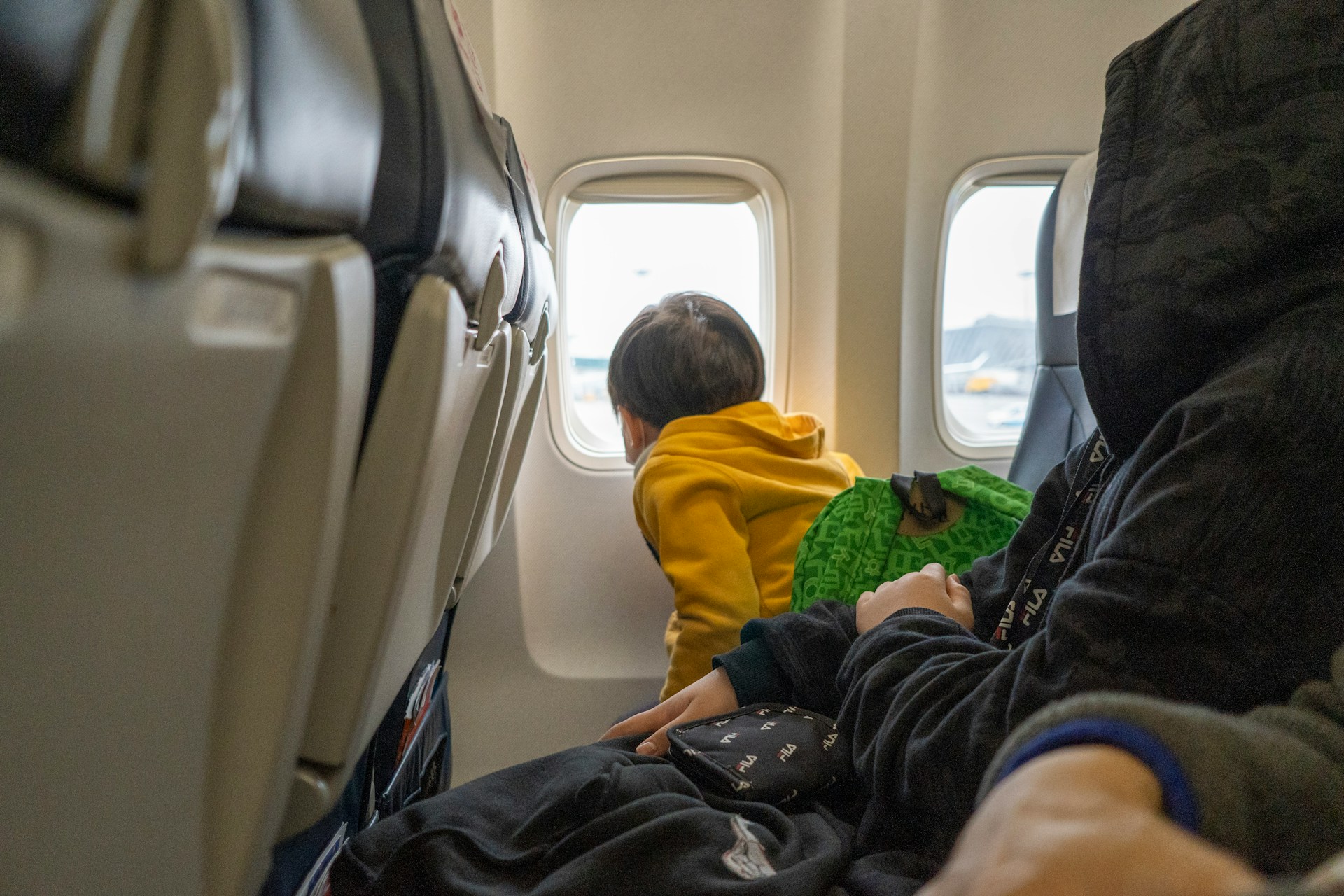Family travel insurance is designed to protect all members of a household under one policy. These policies usually cover trip cancellations, delays, lost belongings, emergency medical care, and, sometimes, extra assistance, such as 24/7 helplines.
However, when it comes to strikes, the coverage is not always automatic. That is why you need to pay extra attention even to the fine details to understand what you and your family are protected from before making any assumptions.

Some travel insurance policies do cover strikes, but not all of them. Even so, there are still some guidelines and conditions to be observed.
Many insurers will cover strike-related cancellations or delays if the strike was not announced at the time you purchased the policy. For example, if you bought insurance in March and an airline announced a strike in April, you would usually be covered. But if the strike had already been in the news before you purchased, the insurer could deny the claim.
Some family policies will reimburse prepaid, non-refundable costs like flights, hotels, or tours if the strike prevents you from travelling. This is especially useful for large families who have invested a lot of money in various bookings.
If your family gets stuck at the airport due to a strike, your policy may cover meals, accommodation, and sometimes alternative transport.
There are often some restrictions or limitations with every insurance policy. For example, compensation might only apply after a certain number of hours of delay. Also, note that not all strikes are covered. Some insurers exclude things like transport (strikes involving buses, trains, or even airport baggage handlers), and only focus on things like airline crew disputes (strikes involving pilots, cabin crew, or ground staff directly employed by the airline).

Like most other documents, travel insurance policies are packed with details that a lot of people tend to overlook. Not every provider includes strikes under standard cancellation or delay cover.
Make sure to especially carefully review the “cancellation” and “travel disruption” sections of your family policy. Look for explicit references to strikes or industrial action. Sometimes they are covered, sometimes excluded, or covered only under specific conditions. Understanding these terms will help you avoid unpleasant surprises if your family trip gets disrupted.
The safest approach is to purchase your insurance at the same time you book your flights and accommodation. This way, you lock in coverage before any strike threats surface. If a strike has already been announced in the news when you buy your policy, insurers usually consider it a “known event,” meaning you won’t be covered.
If you need to make a claim, you will need solid proof. This could include official emails from your airline announcing cancellations, airport notices, boarding passes showing delays, and receipts for meals or hotel stays you had to pay for. Keeping these documents organised makes it easier to process your claim quickly and increases the likelihood of being reimbursed.
Family travel insurance in 2025 does cover strikes in many cases, but it isn’t guaranteed. The key is timing and policy details. If the strike was not known when you purchased your plan, you are more likely to be covered for cancellations, delays, and extra costs.
Also, make sure to do your research and read the fine print. Don’t just assume you are covered. Take time to compare policies and add extra coverage if needed, even just for your peace of mind. That way, even if there are strikes, your family holiday is protected and doesn’t have to end before it begins.


If you want the latest information on the best Hotel Executive Club Lounges, Hotel Kids Clubs and other travel information, be sure to sign up for our free newsletter full of tips and great travel ideas.